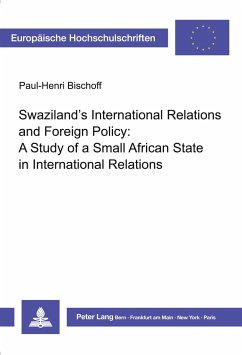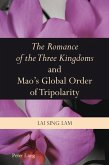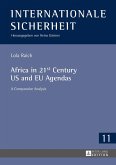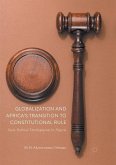In African terms the possession of a single nationality was the unique resource on which the Swazi monarchy could build in order to have constituted a royally dominated nationalism at independence. Accompanied by constraints whose origins are colonial and neo-colonial, Swazi foreign policy has in its own distinctive way, attempted to preserve Swaziland's independence since. Against the background of the deep conflict within the region, Swaziland's position in the international relations of Southern Africa has been contested, not least by its decision to sign a security agreement with South Africa in 1982, the first OAU state to do so.
"This is the first serious study of Swazilands international relations since its independence in 1968. It explains the constraints imposed by the countri's position, 'trapped' within the Republic of South Africa, but also the possibilities that exist for a strategically placed small polity to achieve at least a measure of independence in its foreign policy". (Dr. James Mayall, Reader in International Relations, London School of Economics)
"...eine faktenreiche und interessante Darstellung..." (R.K., Peripherie)
"This rather unique, important, and well-documented thesis is a welcome addition to the literature about international relations. It focuses on one of the smaller nations of the globe, Swaziland, which was the first OUA state to sign a security agreement with South Africa." (American Society of International Law)
"...eine faktenreiche und interessante Darstellung..." (R.K., Peripherie)
"This rather unique, important, and well-documented thesis is a welcome addition to the literature about international relations. It focuses on one of the smaller nations of the globe, Swaziland, which was the first OUA state to sign a security agreement with South Africa." (American Society of International Law)








